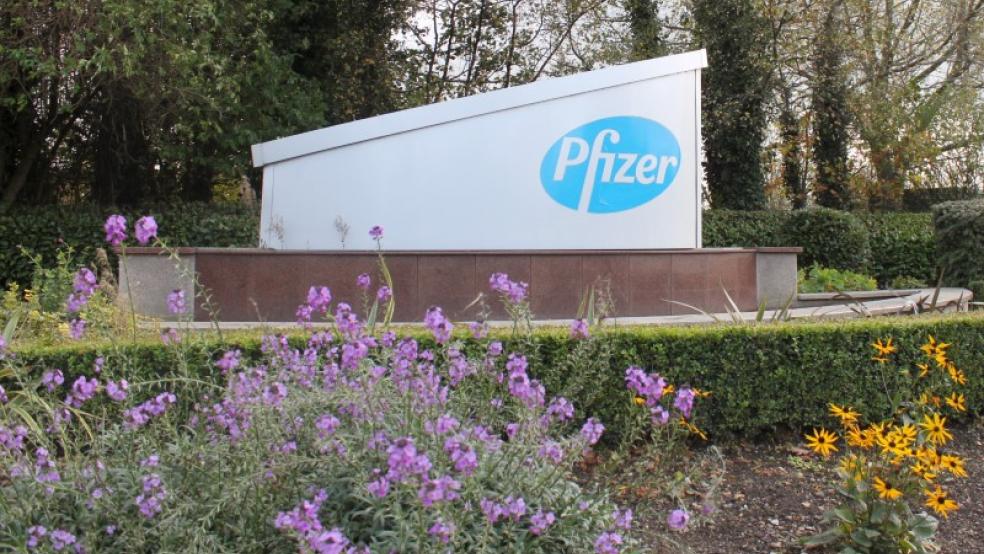The most immediate impact coming out of the Treasury Department’s decision to aggressively crack down on corporate inversions early this week was pharmaceutical giant Pfizer’s announcement that it had been forced to walk away from its planned $150 billion merger with Ireland-based Allergan. But tax experts warn that the rules could also punish companies that have already completed those kinds of so-called inversion deals.
A corporate inversion typically involves a U.S. company “merging” with a smaller foreign firm in a country with a low corporate tax rate, and nominally moving its headquarters there. That way, profits that would be subject to the 35 percent U.S. corporate rate are instead taxable in the other country.
Related: Will Clinton Follow Obama’s Legacy in Taking on Big Business?
The inversions carry other tax-avoidance benefits, too — most notably once called “earnings stripping.” Once the merger is complete, the U.S.-based element of the company takes a nominal interest-only “loan” from the parent company now headquartered overseas. It then uses U.S.-derived profits to make interest payments, shielding those profits from U.S. taxes.
The rules issued Monday will make it much more difficult for companies to structure such loans from now on, which could contribute to companies deciding that an inversion simply isn’t worth it. According to Steven M. Rosenthal, a senior fellow at the Urban-Brookings Tax Policy Center, the change could also hit companies that have already completed their inversions.
“Treasury will apply the new earnings-stripping rules to instruments issued after April 4 (i.e., effective for new instruments immediately),” he wrote in an email. “That means the outstanding instruments (i.e., notes) issued by a U.S. company are not affected. But often a company will add additional debt as it grows.
“For example, a U.S. company might have inverted and distributed a note to its foreign parent already (and the note would be unaffected by the new rule). However, if the U.S. company grows, the company might have planned to distribute another note (to soak up more of its income in the U.S.). But that note would be treated as stock, and payments on that note would not be deductible.”
Related: Obama’s Inversion Curbs Kill Pfizer’s $160 Billion Allergan Deal
That means that any U.S. firm that used the prospect of future earnings-stripping deals as justifying inversion deals to their shareholders could be facing some pointed questions at the next shareholder meeting.





